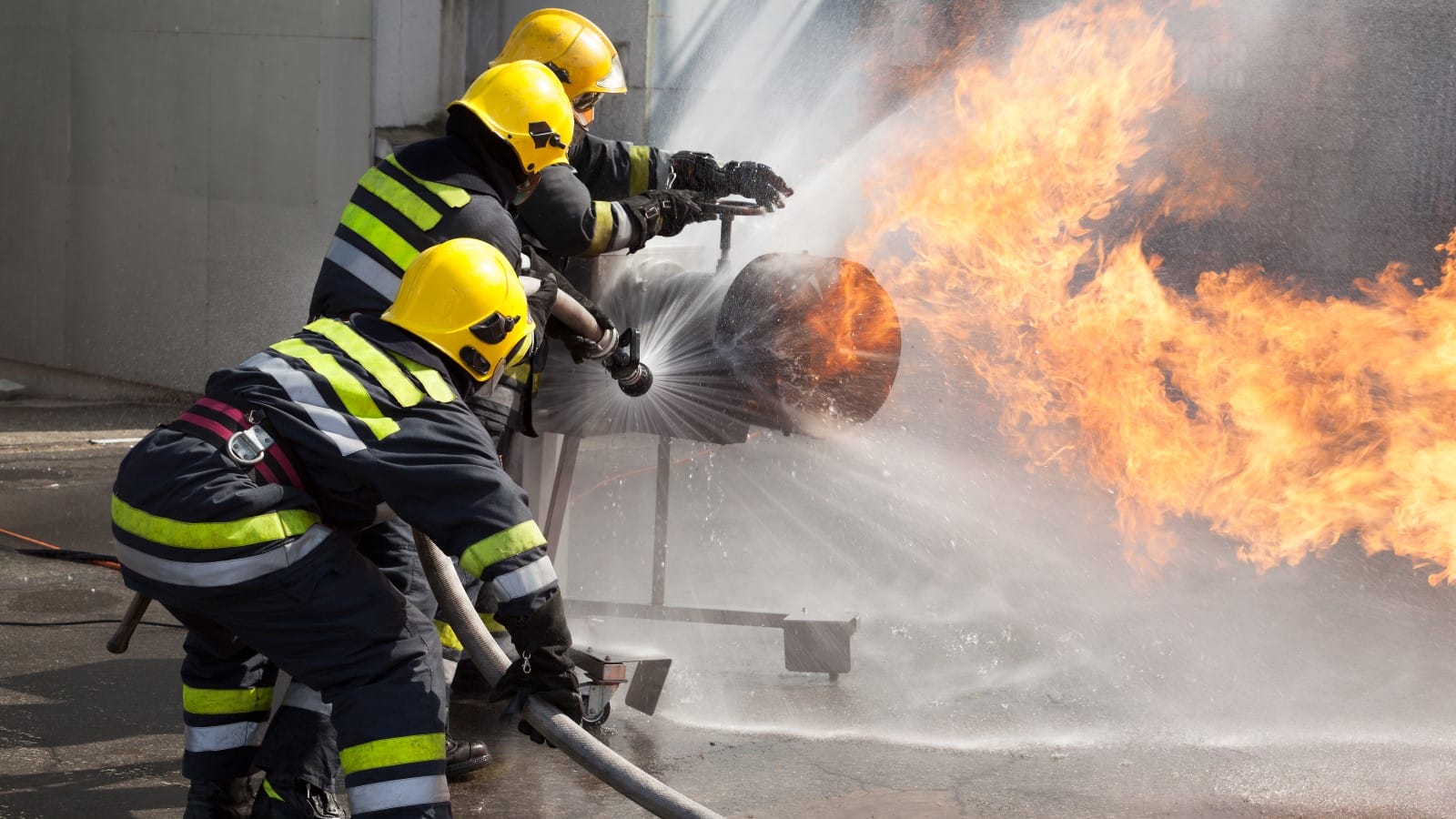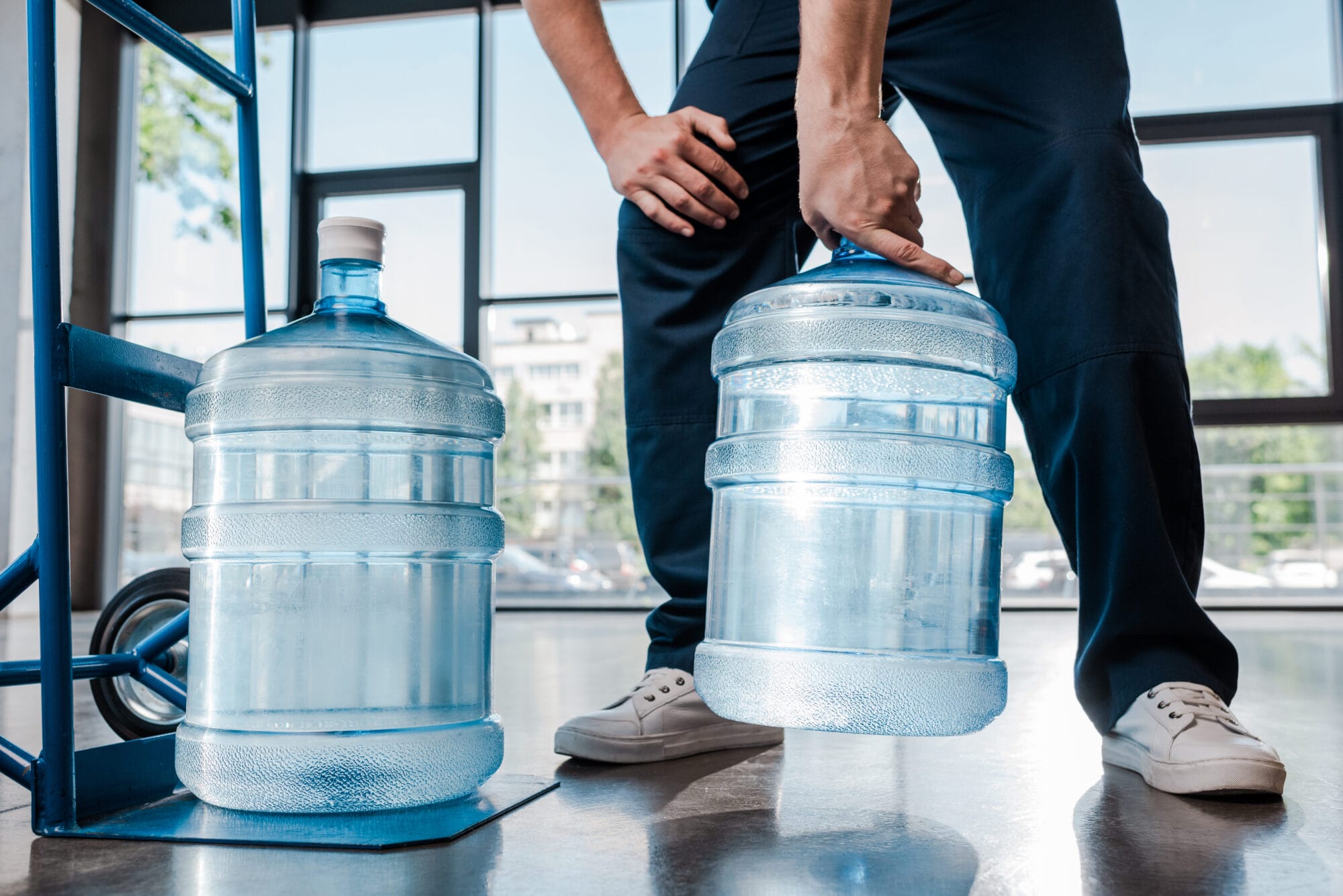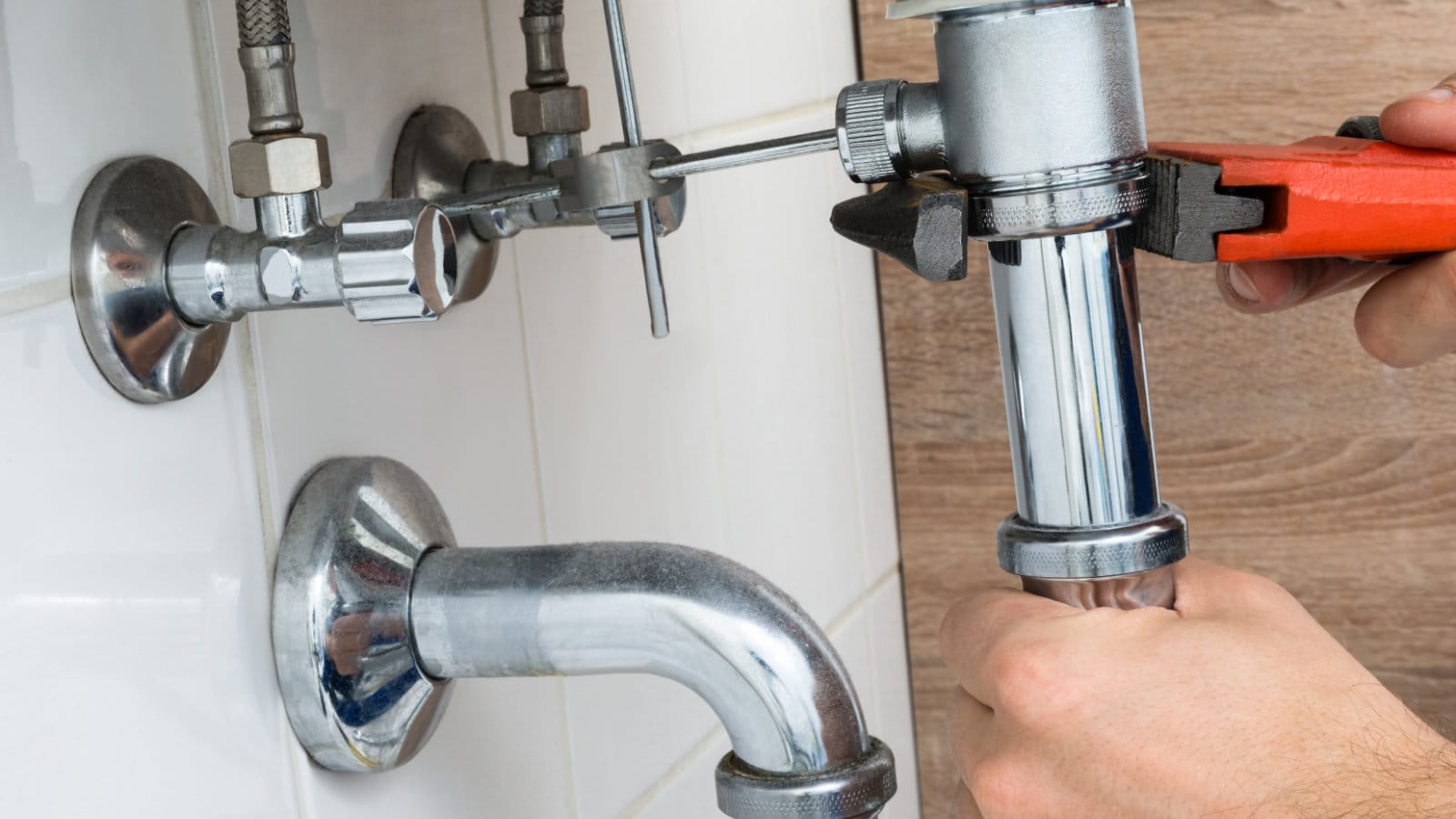Gas leaks, though often unseen, pose significant risks to health and safety. Understanding how to detect a gas leak in your home is crucial. Natural gas, used by many households, is odorless in its natural state. However, gas companies add mercaptan to give it a distinctive “rotten egg” smell for easy detection. If you notice this odor near appliances or gas lines, it’s a warning sign.
Using a Gas Leak Detector
One of the most reliable ways to check for gas leaks is using a gas leak detector. These devices, which can detect natural gas and other harmful gases like carbon monoxide, are essential in any home using natural gas. Portable gas detectors are convenient for checking various locations in your home.
Visual and Auditory Signs
Apart from using detectors, pay attention to visual and auditory cues. A hissing sound near your gas line or appliances may indicate a leak. Additionally, observe the flame on your gas stove; a consistent blue flame is normal, while orange or red flames suggest the presence of gas in the air.
Preventing Gas Leaks in Your House
Prevention is always better than cure, especially when it comes to gas leaks. Regular maintenance of gas appliances and infrastructure is crucial.
Routine Maintenance Checks
Perform routine checks on your gas lines, appliances, and related equipment. Look for signs of corrosion, damage, or wear and tear. Regular maintenance can prevent gas leaks and ensure your appliances function efficiently.
Professional Inspections
Consider scheduling regular inspections with a professional plumber. They can thoroughly check your gas system, identify any potential issues, and recommend necessary repairs or replacements, ensuring your home’s safety.
The Best Gas Leak Detectors and Sensors
Investing in quality gas leak detectors and sensors is wise for any homeowner.
Types of Natural Gas Leak Detectors
Various gas detectors are available, including natural gas, carbon monoxide, and radon detectors. Each serves a different purpose, and some offer combined detection capabilities. Select a detector that suits your home’s specific needs.
Placement and Maintenance
Correct placement of these detectors is critical. For instance, carbon monoxide detectors should be placed high in a room, while propane detectors work best near the ground. Regularly test and maintain these detectors to ensure they function correctly.
Checking for Gas Leaks: DIY Methods
In addition to professional tools, there are simple DIY methods to detect gas leaks.
The Soapy Water Test
A classic and effective method is the soapy water test. Mix dish soap with water and apply it to suspected leak areas. Bubbles forming indicate a possible leak.
Sensory Checks
Use your senses to detect leaks. Listen for hissing sounds, look for unusual flame colors on gas stoves, and smell for the distinct odor of natural gas.
Innovative Leak Detection Methods
As we navigate the complexities of maintaining gas safety in our homes, innovative technologies are emerging as game-changers in leak detection. A team of Princeton researchers has pioneered a remarkable method, combining the efficiency of drones with the precision of laser-based sensing:
- Laser-Based Sensing: Utilizing lasers, this method can detect gas leaks 25 times smaller than usual, pinpointing the exact location within a meter.
- Drone Integration: Drones equipped with retroreflectors, instead of bulky sensors, fly around suspected leak areas. This makes the process agile and efficient.
- Mobile Base Station: The expensive gas sensing components are stationed at a base, often on a mobile platform like a van, enhancing portability.
- Multiple Gas Detection: The system’s versatility allows for detecting gases like carbon dioxide and ammonia alongside methane by simply adding lasers of different wavelengths (Innovative Leak Detection).
This innovative approach not only ensures rapid and accurate leak detection but also exemplifies how technology can transform our approach to home safety. Continue reading to learn more about keeping your home safe from gas leaks.
When to Call a Professional
If you suspect a significant leak or if you’re unable to detect or fix it, it’s crucial to call a professional plumber. They have the expertise and equipment to handle gas leaks and perform necessary repairs safely.
In conclusion, understanding how to check for gas leaks in your home is vital for your safety. Regular checks, using the right tools and methods, and seeking professional help when needed can prevent potential hazards associated with gas leaks. Stay vigilant and ensure your home remains a safe environment.
If you’re in Rockwall, TX, and need professional assistance in detecting or repairing gas leaks, Intown Plumbing is here to help. Our experienced team provides reliable, efficient services to keep your home safe. Don’t hesitate to contact us for gas leak concerns or plumbing needs. Your safety and peace of mind are our top priorities.





